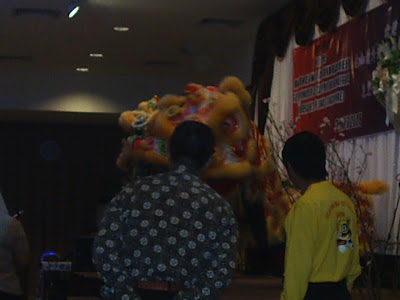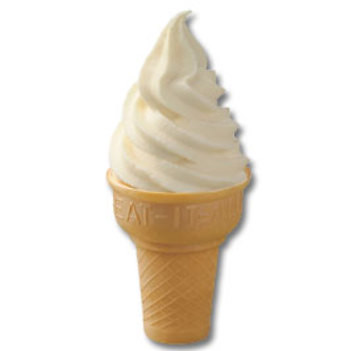12 July 2008
At 2.30pm, Eunos YEC members and friends left Eunos CC for a 1 Night Trip to Pulau Semakau Landfill. The visit is a retreat for Eunos YEC members, and it became the first ever YEC to set foot on Pulau Semakau.
Our bus reached the Marina South Pier at about 3pm. The group then went on board the ferry with all the prepared food for night barbeque and beverages. The journey on water took about 15min, faster than what we expected. Along the route, we saw a close-up scenery of Sentosa Cove.

Upon arrival at Pulau Semakau, we were greeted with a slight pungent smell which resembled the smell of "Ling Yang" Water [Chinese Herbal Drink]. Our tour guide, Edward, took a group photo for us and then we went to drop our luggage at the lounge which would also be the place for sleeping.

First programme for the day was the introduction to the island. We watched the screening of the background of Pulau Semakau and how it was to be the world's unique landfill.
Garbage waste in Singapore could be categorised as incinerable and non-incinerable. The incinerable waste would be burnt at the various incinerators in mainland Singapore. Incineration could reduce waste volume by 90%. The ashes and sludge would then be transported via a barge to Pulau Semakau from Tuas. At the site, some excavators, each costing over S$2 million, would scoop the ashes and place it into dump trucks. The dump trucks would deposit the waste into the designated area.

The landfill at Pulau Semakau is unique in the sense that the landfills in other countries are created by digging a huge hole and dumping thrash into it. In Pulau Semakau, a 7km barrage was constructed to join Pulau Semakau and another island together. The space within is further segmented into various cells. Water is pumped out into adjacent cells and sealed from the rest when the cell is used for depositing the waste. Hence, waste is directly deposited to the seabed.
Surprisingly, Singapore had developed a great method to prevent leeching of compost into the sea. A good evidence that indeed it had not been happening is the thriving mangrove swamps lining certain parts of the island.

There were also exuberant growth of plants at the filled cells.

Pulau Semakau has a recreation corner for visitors. The 12 lamp posts are powered by a wind turbine and solar cells. There are barbeque pits, sheltered huts and free usage of bicycles.


After having our barbeque dinner with the sceneries of the sun setting and the cool breeze, we had a night walk before checking out the fireflies. As the moon was rather bright, we only managed to see some of them on the trees. The trees looked like Christmas trees with lightings.

On Day 2 morning, we embarked on a rainforest trail and strolled along the coast of Pulau Semakau. This is a lovely island!

Reduce, Reuse and Recycle so that we can achieve ZERO WASTE, ZERO LANDFILL :)




















































